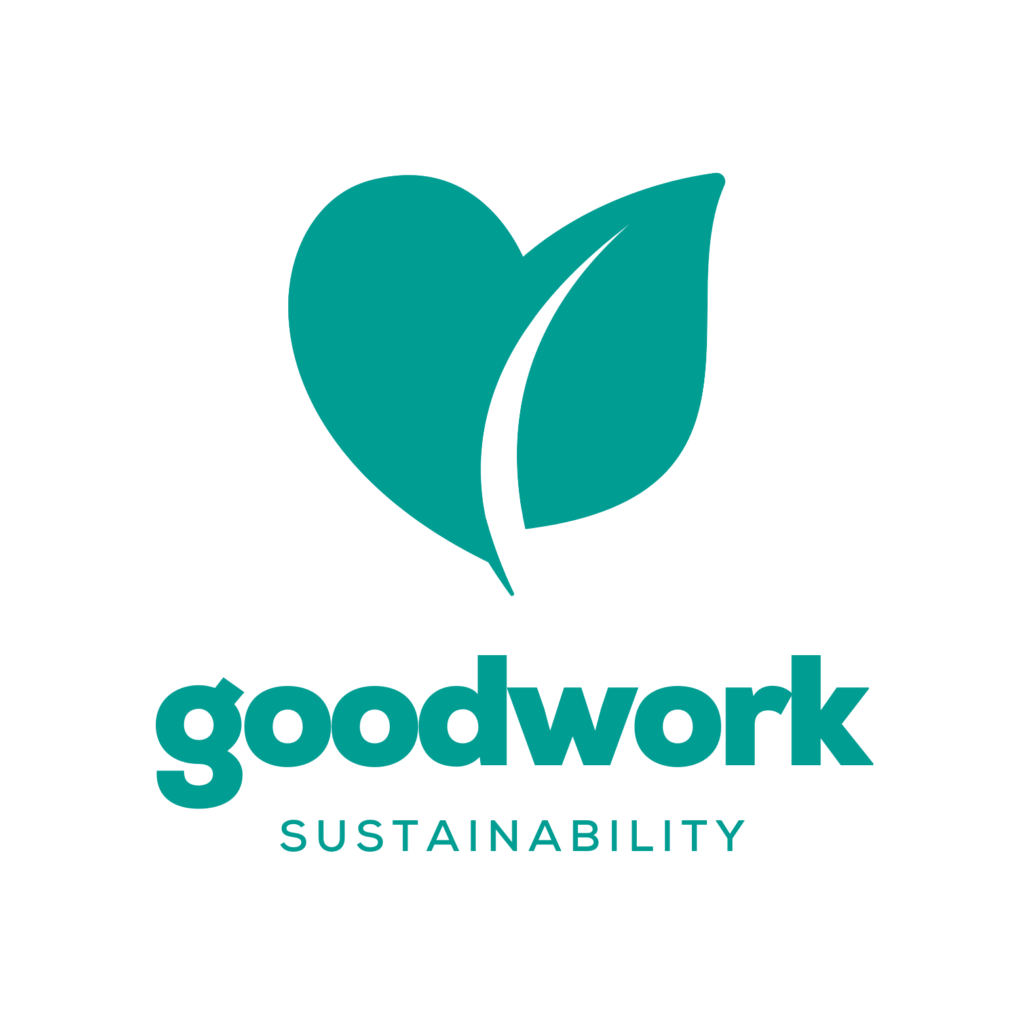What the UK Government's latest climate targets mean for SMEs today.
The UK’s climate commitments are evolving—and whether you run a small shop or a growing enterprise, the impact on your business is inevitable. At the end of January, the UK Government unveiled its 2035 Nationally Determined Contribution (NDC), a legally required roadmap under the 2015 Paris Climate Agreement. This plan builds upon the existing goal to cut emissions by 68% by 2030 (compared to 1990 levels) and introduces an even more ambitious target: an 81% reduction by 2035.
For small and mid-sized businesses—who together contribute around half of the UK’s emissions—this isn’t just government policy. It’s a major shift in how businesses will operate, compete, and thrive in a low-carbon economy. While 2035 may seem like a lifetime away, the reality is changes are already happening right now.
Here’s what’s coming next – and how you can stay ahead:
January: Regulations came into force which transfers the costs of managing household packaging waste from local authorities to producers. As this legislation matures, regulators will impose higher prices on businesses for packaging that is harder to recycle or reuse. This means that if you are buying or selling packaged products your costs are likely to rise unless you act. If you are a manufacturer, consider how you can attract or retain retail customers by shifting packaging to less impactful materials.
March: Implementation of “Simpler Recycling” begins for non-household premises in England. Pay attention if you are responsible for managing non-residential premises. Currently, the legislation exempts organisations with fewer than 15 full-time equivalent employees. But, even those businesses will be included within the next couple of years.
April: Boiler manufacturers may introduce new incentives for low-carbon options as they aim to increase sales in this category in order to align with the Clean Heat Market Mechanism, which will be introduced in the spring.
2025 is going to be another busy year
The Government has outlined many other sustainability activities and publications that it plans to deliver over the next 12 months. The pace and scale of change may feel overwhelming, but no one needs to walk this path alone; it’s why “Partnership” is one of the Goodwork Sustainability Compass points.
The UK government expects to deliver these nationwide activities this year:
- Net Zero Public Participation Strategy – outlining how the public can contribute to achieving net zero.
- Strategy review and update for education and children’s services systems regarding sustainability and climate change.
- The publication of a newly updated National Biodiversity Strategy and Action Plan
- The government will accelerate the delivery of an Energy Skills Passport to support oil and gas workers in transitioning to renewable energy.
- By COP30 in November, the UK will publish its first national inventory on fossil fuel subsidies.
Specific to England:
- A Circular Economy Strategy will be developed, along with roadmaps detailing interventions on a sector-by-sector basis.
- The UK government also intends to publish a Land Use Framework which will outline the government’s commitment to stewardship of land use change and codesign of land use policy.
Specific to Northern Ireland:
- The government expects to issue a cross-departmental action plan for food.
- It also intends to release the Blue Carbon Action Plan.
- Officials expect to finalise and approve the Northern Ireland Circular Economy Strategy.
- Additionally, plans are in place to publish the Marine Protected Areas (MPAs) Strategy.
Wall or windmill?
An old Chinese proverb says “when the winds of change blow, some people build walls, others build windmills“. A reminder that when there is change or disruption, there is also opportunity for positive transformation. And within the UK Government’s ambition lies a powerful opportunity for businesses to seize the opportunity to lead, innovate, and thrive. As the report highlights:
“The benefits of this transition are clear: businesses that take early action to reduce emissions can benefit from lower energy costs, improved energy security, and a stronger public reputation.”
For small and mid-sized businesses, this isn’t just about meeting regulations. It’s about future-proofing your business, cutting costs, and strengthening your competitive edge. All things that will improve your resilience in a rapidly evolving market.
SMEs form the backbone of the UK economy and play a central role in this transition. The government cannot meet its ambitious climate targets unless SMEs adopt sustainable practices, invest in greener technologies, and drive change across supply chains.
Collaboration is key. The report underscores the need for strong partnerships between businesses, government, and civil society to create a more sustainable future. By working together, we can turn challenges into opportunities and innovation into impact.
At Goodwork Sustainability, we’re here to help you navigate your sustainability journey with confidence. Get in touch with us today to see how we can help your business thrive.



